- Laurie Archbald-Pannone et al
- Read Time: 8 mins
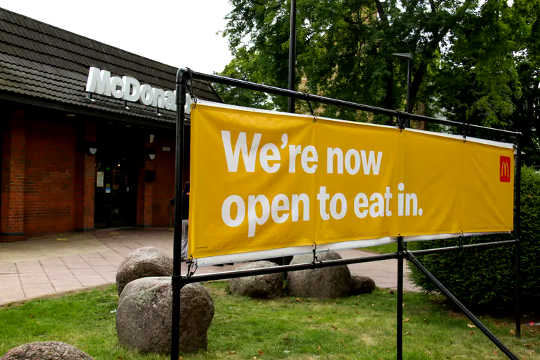
Earlier this fall, many of the nation’s restaurants opened their doors to patrons to eat inside, especially as the weather turned cold in places.

Earlier this fall, many of the nation’s restaurants opened their doors to patrons to eat inside, especially as the weather turned cold in places.
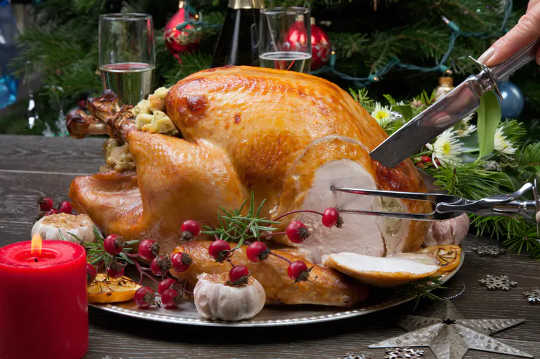
Turkey, the traditional festive bird features as number three on the “foods consumed at Christmas” list, after roast potatoes and carrots.

It’s well known that the microbes living in our guts are altered through diet. For example, including dietary fibre and dairy products in our diets encourages the growth of beneficial bacteria. But mounting evidence suggests that exercise can also modify the types of bacteria that reside within our guts.
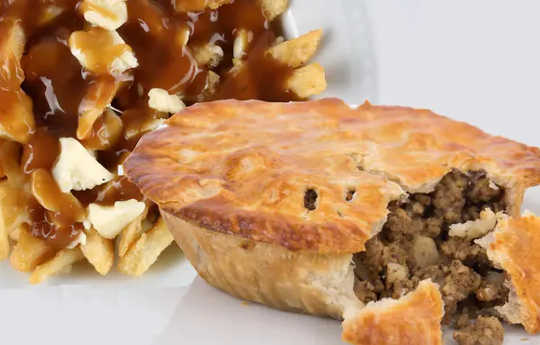
I recently saw a culinary invention — “tourtine” — that left me thinking. The dish, as its name suggests, is a hybrid of tourtière and poutine.
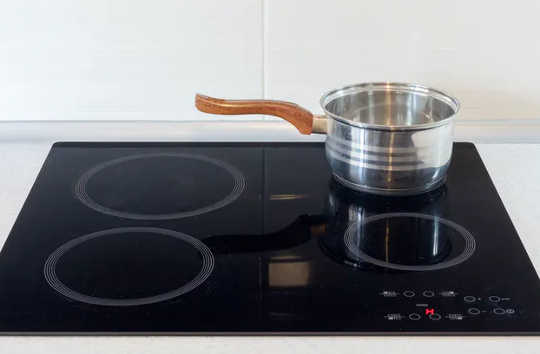
To curb climate change, many experts have called for a massive shift from fossil fuels to electricity. The goal is to electrify processes like heating homes and powering cars, and then generate the increased electrical power needs using low- or zero-carbon sources like wind, solar and hydropower.

It’s that time of year again, with Christmas parties, end-of-year get-togethers and holiday catch-ups on the horizon for many of us — all COVID-safe, of course. All that party food and takeaway, however, can have consequences for your gut health.
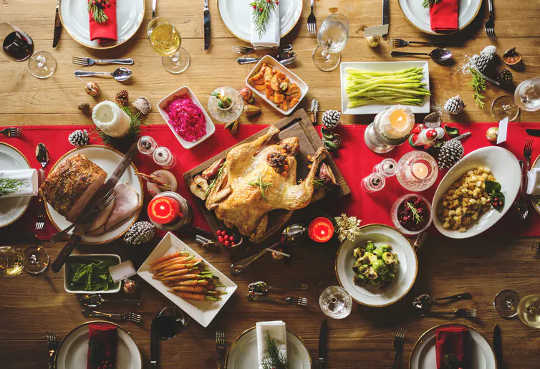
By now, most of us are aware that much of the food we eat, in one way or another, contributes to the climate crisis. From food production and waste, to food consumption and diets – the way we produce, eat, store, discard, source and harvest our food can all play a direct role.

Many people are making changes to their diets to eat healthier or in a more environmentally friendly manner. They might choose to eat less meat, less sugar or even adopt an entirely vegan diet.
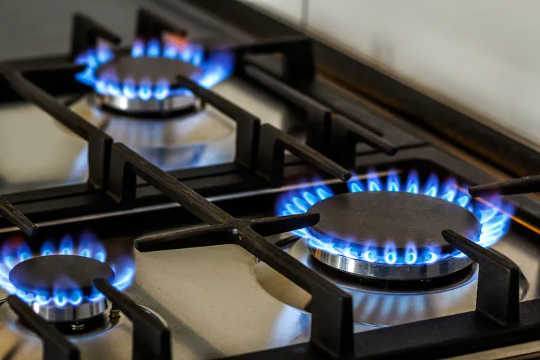
“You’re cooking with gas” is a familiar term associated with doing the right thing and doing it well. But is cooking with gas doing the wrong thing for our health?

They are cute. They are fluffy (mostly). They are great fun and make perfect family pets. Right? Well, not entirely. With Christmas fast approaching, and despite ...
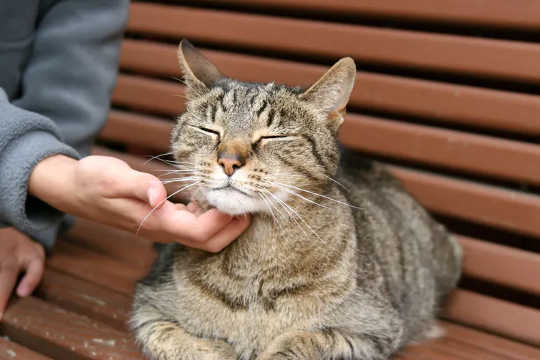
The things you see your cat doing are probably what it enjoys. As long as it gets the chance to do these things then your cat is probably happy. Providing lots of toys to play with is a great way to keep your cat happy, especially if it’s a kitten.

Many of us have heard: “Don’t go outside without a coat; you’ll catch a cold.”That’s not exactly true. As with many things, the reality is more complicated.

Most pet owners know chocolate and dogs don’t mix. Despite this, chocolate poisoning in dogs remains a problem, particularly at Christmas, as a new study in the journal Vet Record shows.
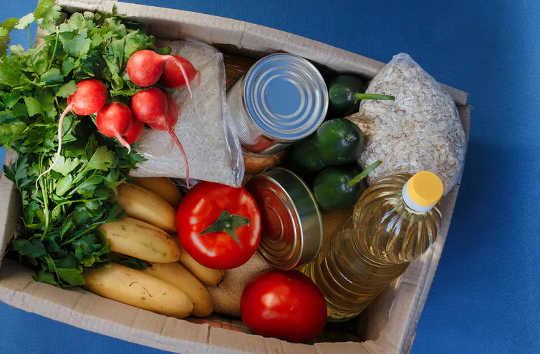
Being food-insecure – unable to get enough nutritious food to meet your needs – can take a toll on your health. So Dayton Children’s Hospital has begun to screen its patients and their families for this problem and refer them to what it’s calling the “Food Pharm.”

Swimming, aqua-aerobics, and other water-based exercises are popular for people aged 55 and older to keep fit without putting strain on the joints.
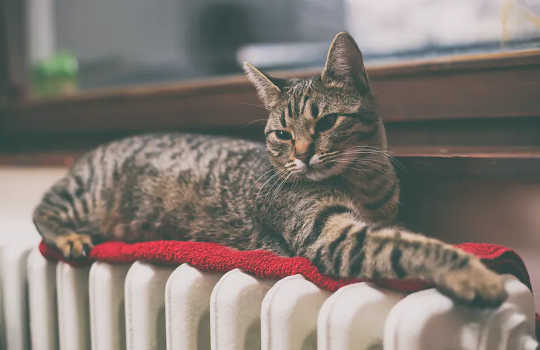
Home energy use accounts for 14% of all the UK’s greenhouse gas emissions, and much of that comes from gas boilers.
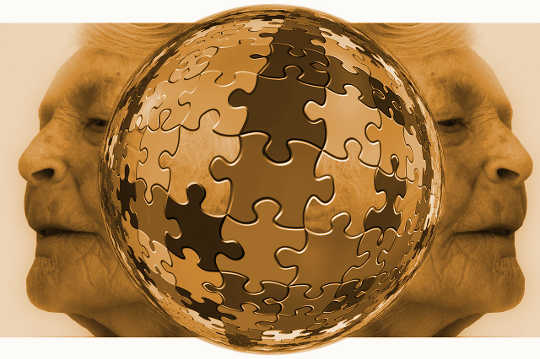
A group of middle-aged adults had some small but significant changes in brain structure more than three decades after lead exposure in childhood, research found.

So sensitive are we to sound that noise pollution has been called the most common modern health hazard. High levels of unpleasant sounds cause blood vessels to constrict; increase the blood pressure, pulse, and respiratory rates; release extra fats into the bloodstream; and cause the blood's magnesium level to fall.
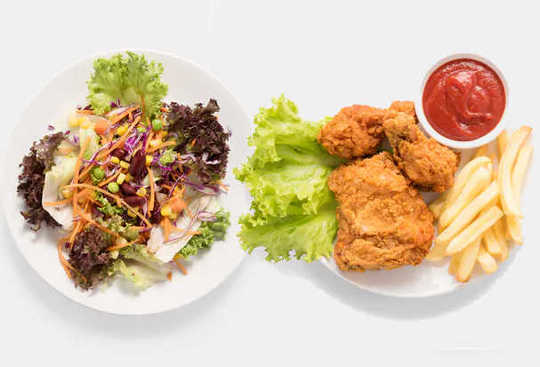
The “metabolic confusion” diet is one of the latest fad diets to be blowing up on social media. Like many fad diets, it promises you can lose weight while still eating what you want.

People on Medicare who later receive a diagnosis of dementia are more likely have unpaid bills as early as six years before a clinical diagnosis, research finds.
Page 22 of 155

